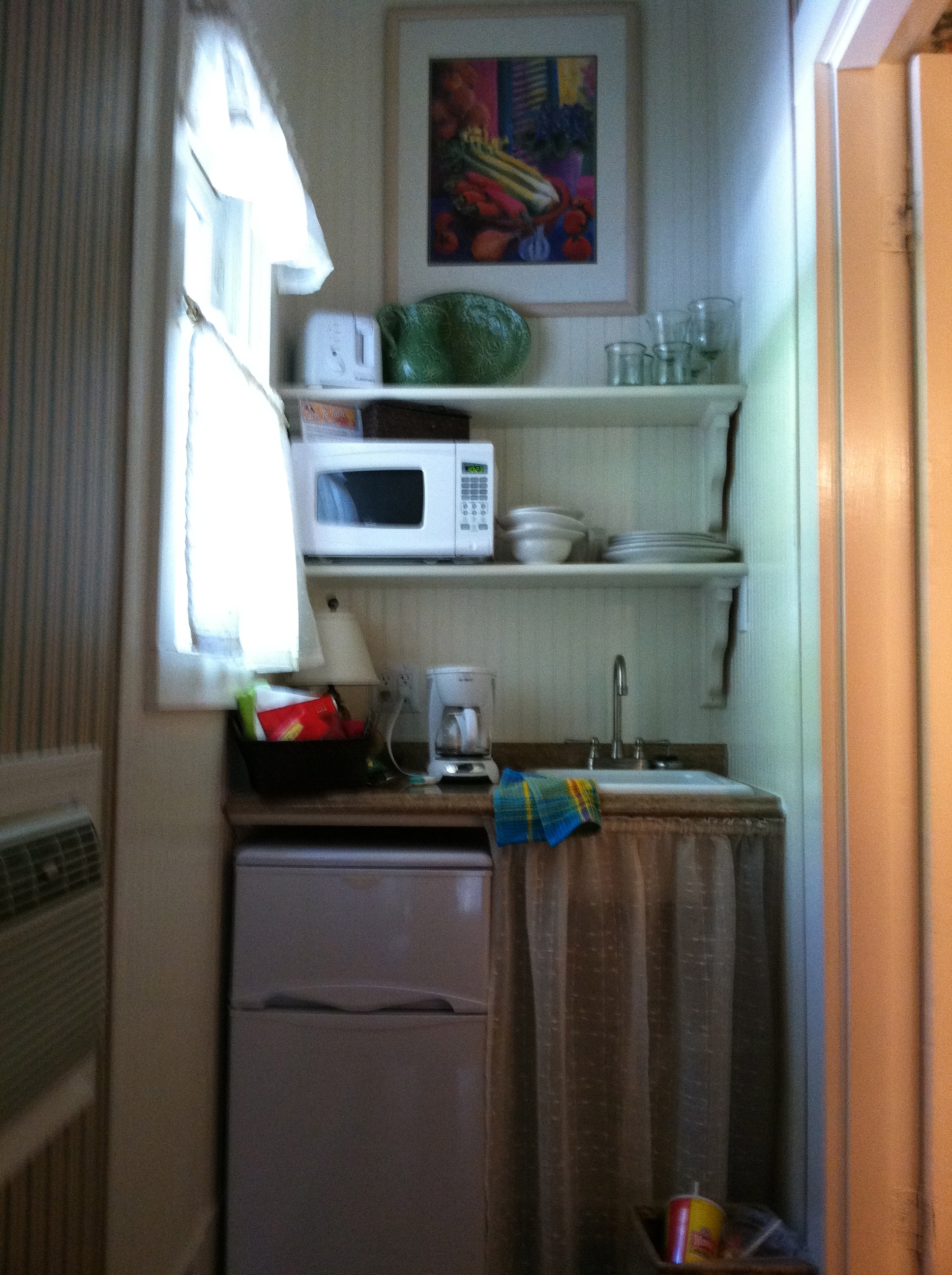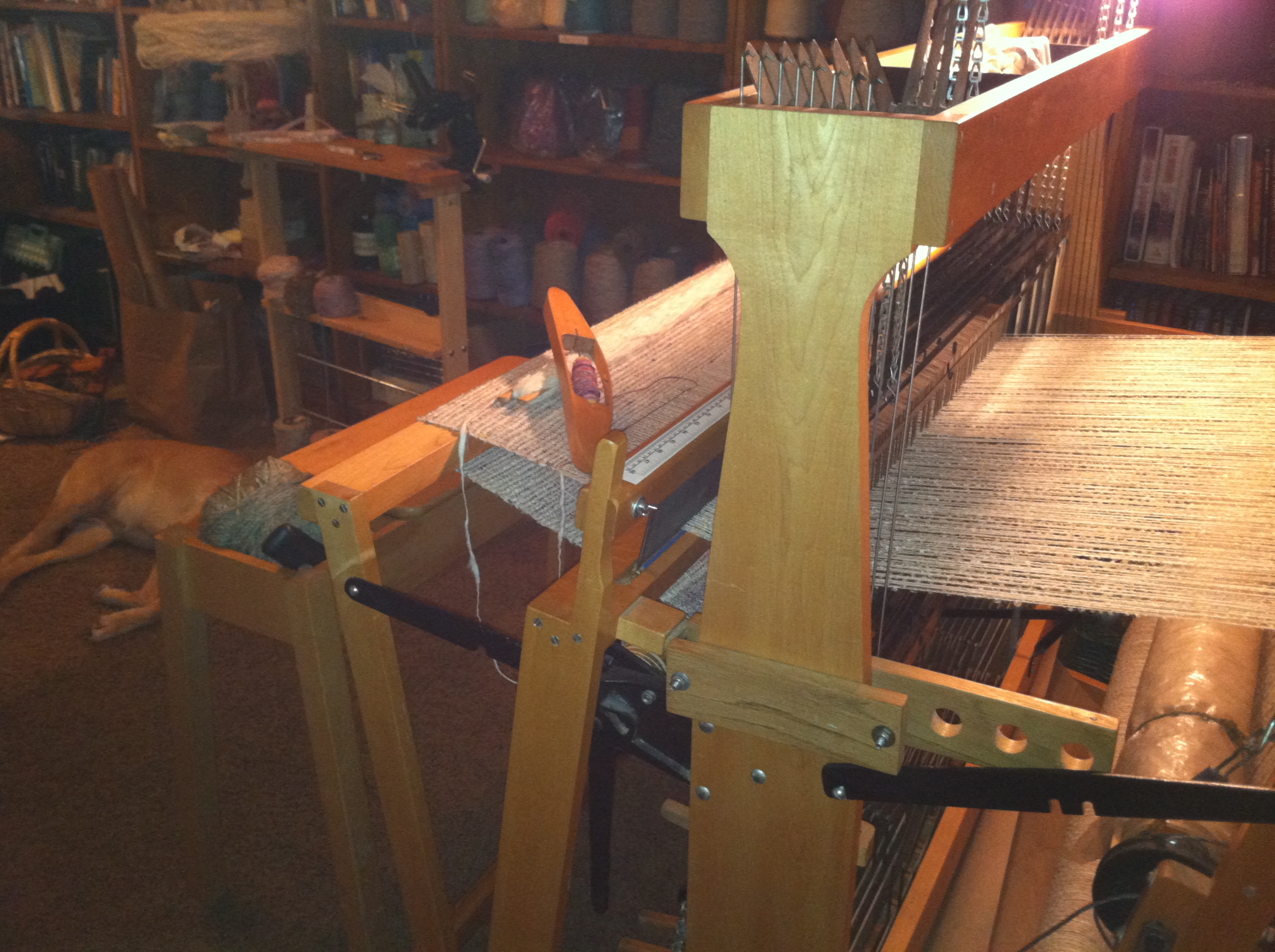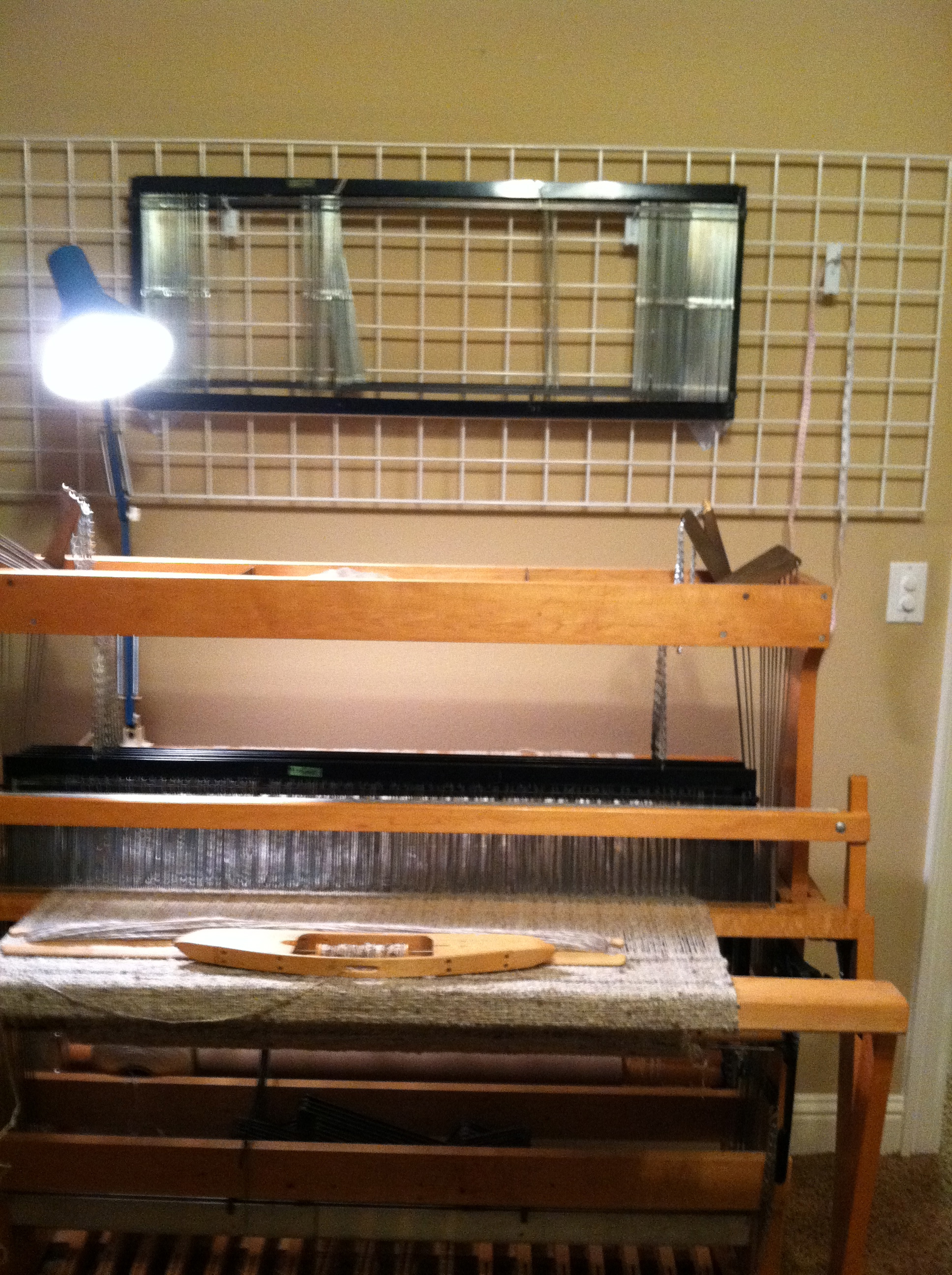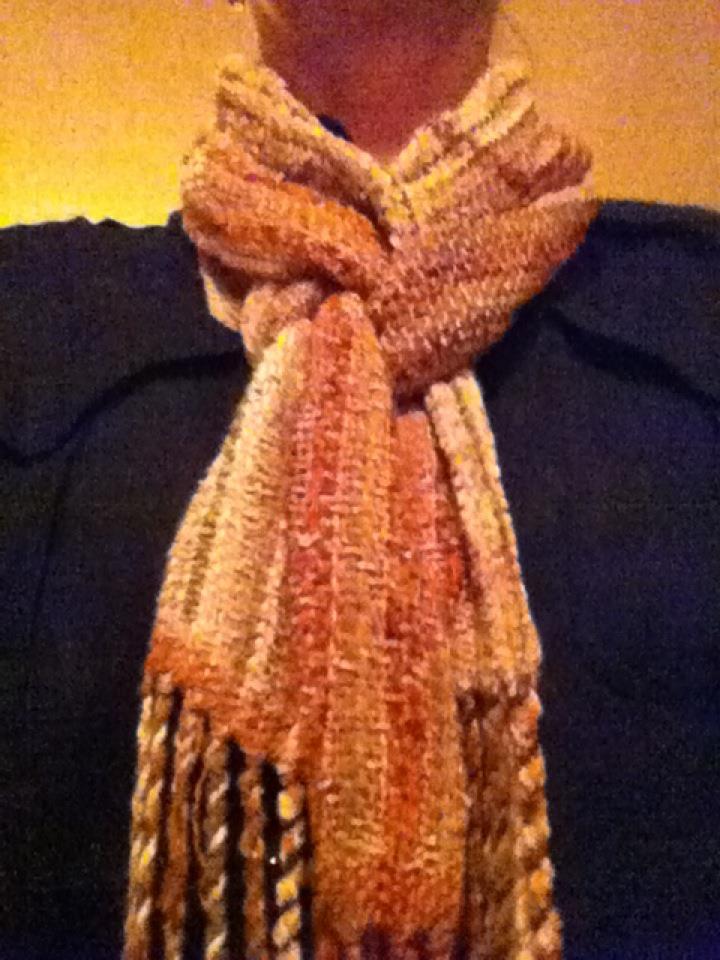 “The only courage that matters is the kind that gets you from one moment to the next.” ~Mignon McLaughlin
“The only courage that matters is the kind that gets you from one moment to the next.” ~Mignon McLaughlin
Once you have decided that you are going to move forward with a Stem Cell Transplant (SCT), there are naturally a lot of concerns about this process of wiping out your loved one’s immune system, putting it back together, and keeping them alive through the process. Fortunately, the Autologous SCT has a low mortality rate (under 3%), but it still a serious overall procedure and one that should not be taken lightly.
I have been privileged enough to offer my experience and guidance to some who have contacted me about what to expect and how to handle being sanitary and so on. I thought I might provide some very basic tips for you here.
The process starts during the collection process of your stem cells. You are battered with chemotherapy that drives your White Blood Count (WBC) down into what is known as neutropenic levels. Being “neutropenic” is the primary concern during these processes. It is when you are most vulnerable as your ability to combat even a minor infection is nonexistent. Many facilities are moving away from having your treatment take place to include a hospital stay. Why? Well, most of us have learned that the best place to get an infection is in a hospital setting. Little Rock did their first outpatient stem cell transplant over 18 years ago! They have been way ahead on the curve in so many areas of treating MM, and this is another area where they have forged a new, think out of the box idea in treating MM. Little Rock has developed an entire cottage industry in housing for its thousands of MM patients that arrive there for treatment.
So what do you do as you prepare for Stem Cell Transplant? I have a basic list of things to bring with you. If you are in an outpatient setting and if you are traveling to Little Rock for treatment these are things that will get you started to help in providing comfort and organization to your stay there. If you are traveling by plane, it is a little more difficult to bring everything. If you are driving, you will have more opportunity to bring other creature comforts from home. This should get you started in making your list.
THE List
Scientists estimate that people are not washing their hands often or well enough and may transmit up to 80% of all infections by their hands. From doorknobs to animals to food, harmful germs can live on almost everything. Handwashing may be your single most important act to help stop the spread of infection and stay healthy.
It’s important as a caregiver, to take care of yourself. Be sure to include easily transported things for you to occupy your time. Some days are short, and some are horribly long. Books, computers, cell phone, and portable hobbies that you can carry with you. I re-introduced myself to knitting which I had done as a teenager. I made lots of fun gifts while Dave was in treated. It allowed me to be willing to be there for as long as Dave needed me to be, day in and day out.




















